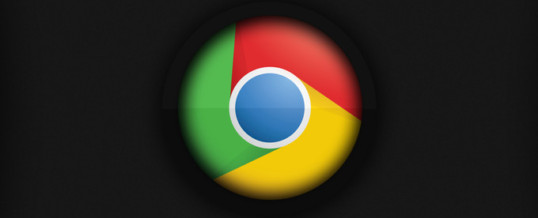
Google will take a few lessons from Microsoft Explorer’s user’s scrolling experience and apply them on its Chrome browser to support Pointer Events, a standard that was first introduced by Microsoft in Internet Explorer. Usually, the general touch support for Chrome browser on a Windows tablet offers a poor scrolling performance and Google plans to work on this fix by introducing Pointer Events.
Google has always preferred to focus its efforts on supporting Touch Events, a method used by Apple in its Safari browser. Microsoft, Mozilla and Opera have all adopted Pointer Events.Pointer Events offers some technical advantages over the existing use of Touch Events and Mouse Events.
Google hopes that with Pointer Events, its scrolling and touch experience should dramatically improve in Chrome, on mobiles and tablets. Google took the decision on the feedback from its engineers.
Google seems positive that it will succeed in implementing the new standard alongside its existing Touch Events support without affecting performance. However, users will not experience this change immediately. The company plans to take time to build the support and test it with nightly and weekly versions of Chrome.
ShareMAR
2015

About the Author:
Have been obsessed with computers since 12th grade and took it up as a passion and is always learning and experimenting on new technology and enjoys his free time by going for treks.